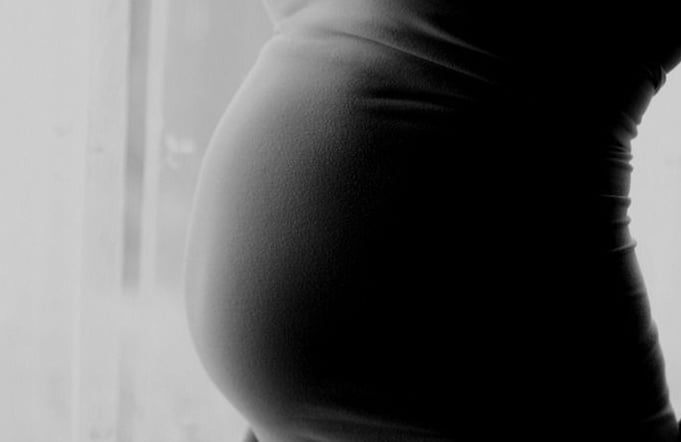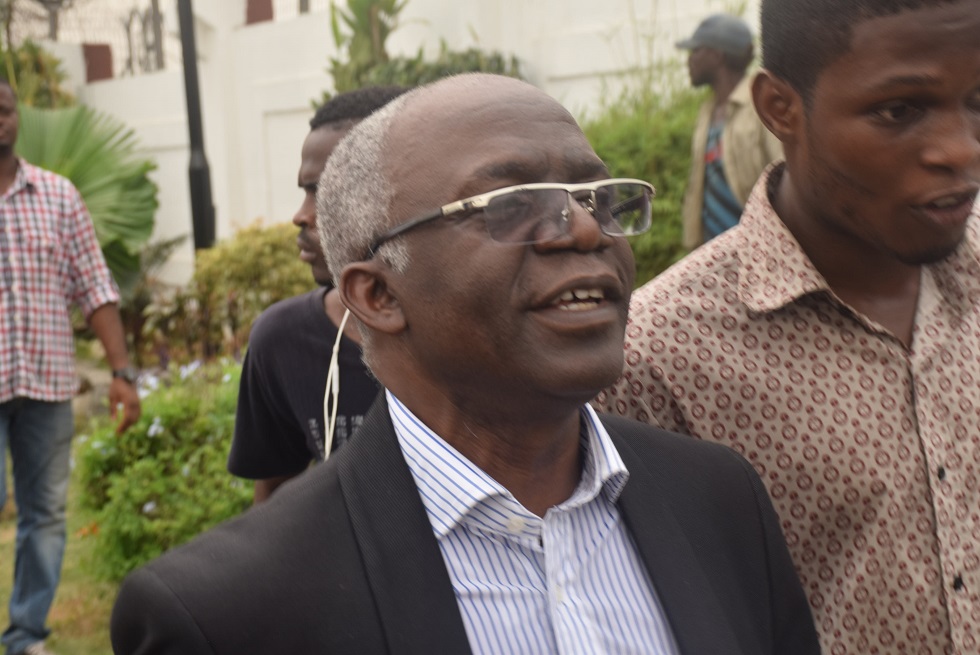A joint report by World Health Organisation (WHO), United Nation Population Fund (UNFPA), United Nations Children Fund (UNICEF) and World Bank says Nigeria recorded 58,000 maternal mortality in 2015.
The report was released at the 2017 annual faculty day lecture by the faculty of public health and community medicine, National Postgraduate Medical College of Nigeria.
The conference with the theme ‘Transition in Global Health Paradigms: What Hope for the Nigerian Women and Children?’, was held at the Lagos State University Teaching Hospital (LASUTH), Ikeja.
Odujinrin, the guest lecturer, said it was rather alarming to see Nigeria down the ladder of the millennium development goals (MDGs) in spite of the abundance of its economic strength.
Advertisement
She identified the factors that contributed to the Maternal Mortality Rate (MMR) as flawed government policies, education, culture, religion among others.
“It is most unfortunate that we are at this level of needless death as recorded by the international agencies where Nigerian women lost their lives to pregnancy and child-related causes,” she said.
“The factors that contribute to this are diverse including education, culture, religion and lack of access to skilled health workers and necessary drugs.
Advertisement
“The prevalence also depends on several factors, including living in an urban or rural area, socio-economic status and geo-political zone.
“The most worrisome is the report from north-east where MMR is highest: 1,549/100,000 live births in comparison to the south-west zone where 165/100,000 was recorded.”
Odujinrin said the MMR statistics from Nigeria needed to be given immediate attention, warning that the country might be on the brink.
“Currently, Nigeria has the second highest burden of maternal mortality in the world, and contributes about 15 per cent of the annual total global deaths which represent two percent of the global population.
Advertisement
“The progress in reducing maternal ratio has been to slow. According to the Nigerian Demographic and Health Survey (NDHS) reports for 2008 and 2013, Nigeria achieved practically no reduction in MMR.
“Lifetime risk of dying from pregnancy-related causes according to NDHS reports also showed practically no change in the year under review.
“With this we all need to join the vanguard in making Nigerian women life a meaning if we don’t want to be on the brink.”
Odujinrin said poor medical facilities in Nigeria was a hindrance to the attainment of the MDG Project, adding that the country’s policymakers needed to “roll up their sleeves.”
Advertisement
Advertisement
1 comments








There is yet much work for us to do in this country, if we wouldn’t want to wipe off our mothers, sisters and wives. Lets rally round the government, experts. Let use our professionalism to assist and contribute our own quota to the well-being of these our women. Please, I urge various authorities, stakeholders at all levels to rally round global efforts toward ending maternal mortality first in our society and elsewhere in the world.